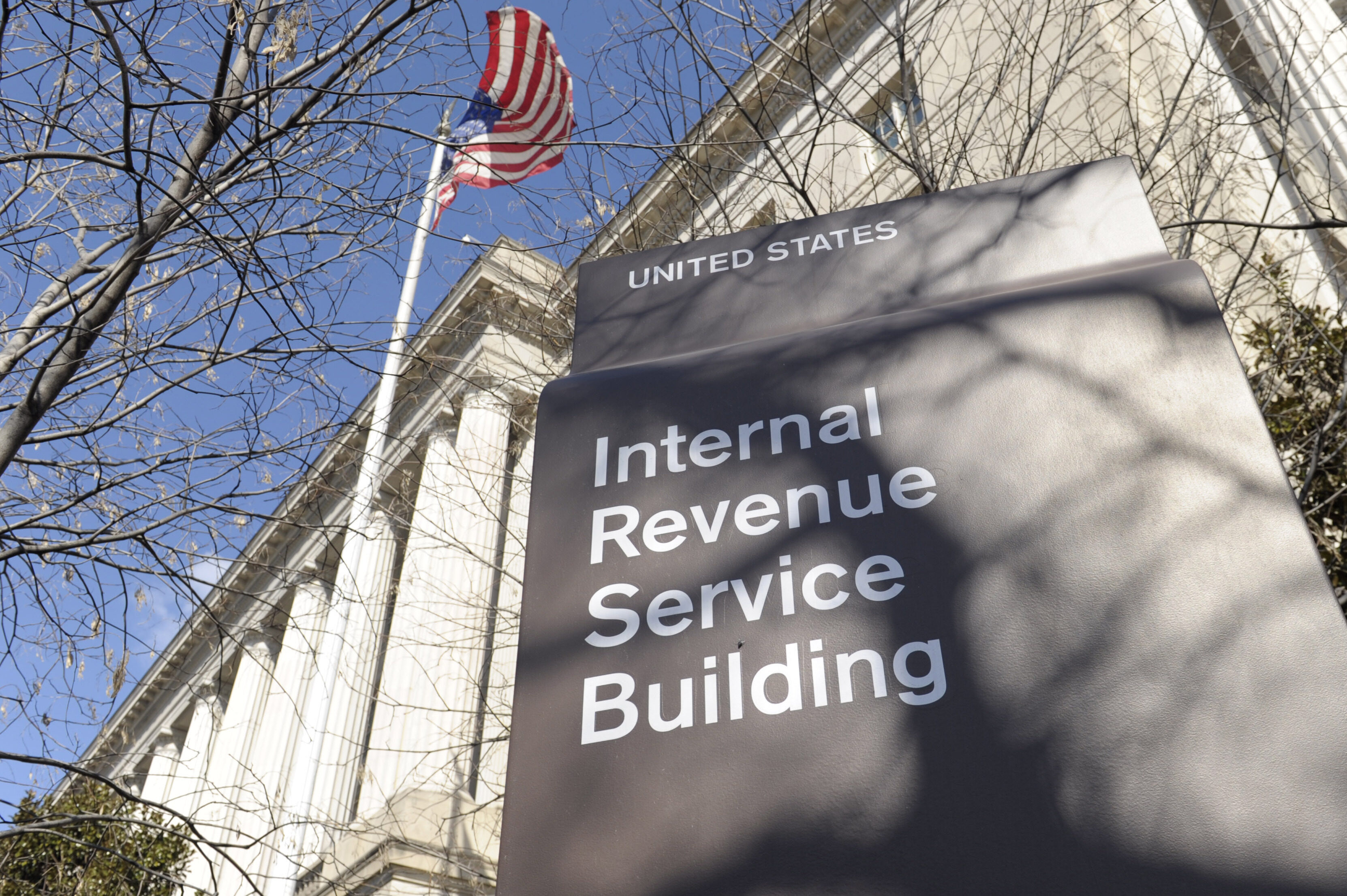
A proposed change to IRS policy could require Coloradans to pay federal income taxes on future TABOR refunds.
The number of states sending refund checks to taxpayers increased significantly during the pandemic, as leaders looked to get relief funds directly to residents. The IRS said that led to numerous requests for guidance as to whether the payouts counted as taxable income.
Earlier this year, it briefly warned states, including Colorado, that their residents might indeed owe taxes on their refunds, before backing off of that idea in the face of strong criticism.
On Wednesday the IRS issued a new proposal outlining which types of refunds it would tax going forward.
Colorado leaders have been quick to condemn the idea. Governor Jared Polis called it an 'absurd' reversal of 30 years of policy that would likely confuse taxpayers.
Sen. Michael Bennet tweeted, “I’m committed to working with the IRS to ensure TABOR’s precedent is respected and that Coloradans can keep the money they are entitled to.”
The actual impact of the change may be limited, though, as the IRS has indicated it might only apply to the small minority of taxpayers who itemize their deductions, and not those who file for the standard deduction.
While Colorado’s Taxpayer’s Bill of Rights has been on the books for more than three decades, refunds only occur in years when the state collects more revenue than it is allowed to keep. Recent years have seen large payouts, including last summer, when the state sent $750 to individuals and $1500 to joint filers. The IRS’s communication earlier this year entertained the idea of taxing those checks, but ultimately did not.
In a separate issue, future refunds might be much smaller, if voters approve this fall’s Proposition HH, which would allow the state to retain more general revenue to offset reduced property taxes and support schools.
The IRS is accepting comments on its refund tax proposal until at least mid-October.









